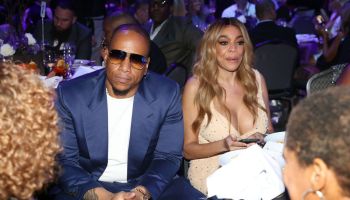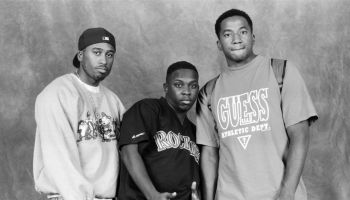The rush to judgment and to viral relevancy works both ways – the way social media embraced a story like Trayvon Martin’s is one way it works for the good. But in a case like this, it backfires on those who are supposed to guard against this kind of foolishness. Journalists should trust no story that they can’t get confirmation for but in these times of microwave journalism, they can’t wait to do so while someone else runs with it.
In sports, as in most mainstream media, there is also bias. LeBron James wants to change teams and he’s an immature brat who didn’t respect the town that made him. (But sports is a business and had he not kept up his stellar play, that same owner would have traded him in a heartbeat.) Black players with rough upbringings who excel at sports (often the help of some nice white people) are a staple of sports journalism. So are the stories of guys like squeaky-clean Tim Tebow, who are religious and aboveboard and make for good narratives as well.
While we figure out just what happened with T’eo, we need to demand that our media tell us the truth and do some real reporting in the first place, not just repeat things from other media or go with the accepted story. Getting the story first and fast often means forgetting the actual truth that should be brought to light, not just printing what sounds like it could be the truth.
“Sports Illustrated” and ESPN are stalwarts in sports and we expect them to check their stories. But they are far from the only culprits. You may not like journalism or the media but there are cases when they bring things to the surface that need to uncovered. We as their audience need to ensure that what surfaces is real, not just more sensational content for our already too busy brains to consume. Truth in journalism is the very least we should expect from those who are paid to find it.
(Photo: AP)
Journalism Fail: The Manti Te’o Story was originally published on blackamericaweb.com















